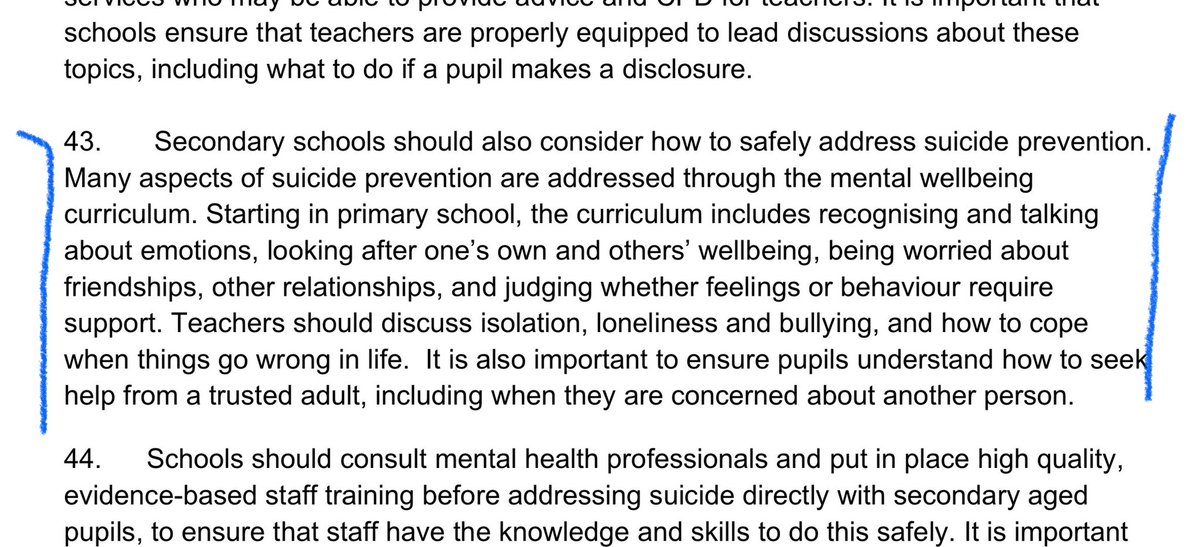
researcher & govt adviser on suicide prevention & mental health. may also tweet on nature, arts & whatever happens.
How to get URL link on X (Twitter) App


 2. General trend is pretty flat, though there’s a possible fall in late 2023.
2. General trend is pretty flat, though there’s a possible fall in late 2023. 









https://twitter.com/ons/status/1775803319111327931First, an essential reminder that no suicide rate is acceptable. Whether figures are rising or falling, they are too high.



 It may tell us something about the protective power of social cohesion, of looking out for each other, of community, with its message of acceptance & concern.
It may tell us something about the protective power of social cohesion, of looking out for each other, of community, with its message of acceptance & concern.